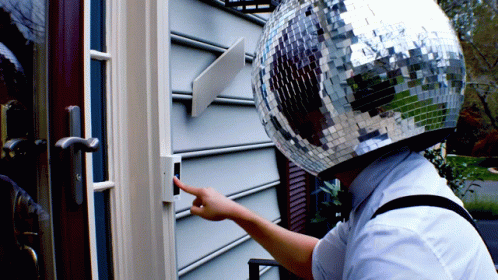Ring doorbells have become a popular buzz topic, especially amidst privacy concerns among the masses. These doorbells act as security cameras that are attached to the front door of a home or office building.
They offer a sense of security by recording everything that happens at the front door, allowing homeowners and tenants to monitor their property from anywhere. However, the question that arises is, are these cameras an invasion of privacy?
This post aims to explore both sides of the debate to give you a well-rounded view of the topic.

The first benefit of Ring doorbells is the peace of mind it provides homeowners. They can monitor their house from a remote location, which comes in handy when they are on vacation or at work.
In cases of break-ins or package theft, Ring doorbells have been helpful in providing conclusive evidence to the authorities. Additionally, they can be used as a deterrent, preventing criminals from attempting to break in.
However, the same features that provide safety and security for homeowners also pose a risk for privacy.
One downside of Ring doorbells is the potential risk of exposing private information. The recorded footage can be seen by anyone who gains access to the ring system or physically removes the device.
While Ring has assured that clips are encrypted and doors manually locked, they have been at the center of privacy concerns after several incidents of hacking. In most of these cases, hackers gained access to Ring’s video feeds remotely by using passwords that were easy to guess.
It is also believed that stored video clips are easily extractable by third-party companies, especially in cases where there is a legal dispute.
Another issue is the invasion of privacy of people outside your home. Ring doorbells not only record homeowners and tenants, but they also record anyone who sets foot on the property.
Given that there have been instances of homeowners using the footage to discriminate against people based on their race or ethnicity, there’s an ethical concern here.
There’s also the question of how this technology is used in the larger context of surveillance culture.
Ring devices record activities in public areas, which means that footage can be used by the authorities to track down anyone if needed.
Conclusion:
In summary, Ring doorbells are a useful piece of technology that enhances safety and convenience. With that being said, there are clear trade-offs in privacy that buyers should be aware of.
While Ring has responded to criticisms by offering better security protocols and better transparency on their data practices, it’s important to exercise caution in using these devices.
To minimize the risks, it's recommended that Ring doorbells are installed at houses and apartments only after carefully evaluating all privacy concerns. Additionally, users should be cautious in granting access to their stored clips by third-party companies, as this introduces more unknown privacy risks.
At the end of the day, it’s up to individuals to decide where they draw the line between convenience and privacy.
You Might Also Like...











